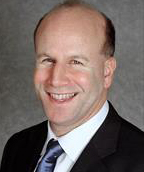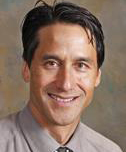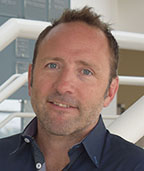Assistant Professor
Treatment of Eye Tumors and Disorders of the Retina and Vitreous
Dr. Armin Afshar is a vitreoretinal surgeon and ocular oncologist on the UCSF faculty, with an academic career blending clinical practice, research, teaching and administration. He serves as the Director of the Ocular Oncology Service at UCSF and the Director of Tele Ophthalmology for the San Francisco Department of Public Health. His research program is funded by the National Eye Institute at the National Institutes of Health (NIH), Research to Prevent Blindness, and That Man May See.
Dr. Afshar’s specialty is in the treatment of eye tumors and disorders of the retina and vitreous. In addition to expertise in retinal diseases and surgery, he has special training and experience in the management of ocular surface tumors of the conjunctiva and cornea, as well as intra-ocular tumors involving the iris, ciliary body, choroid, retina, vitreous and optic nerves.
To Learn More:
https://profiles.ucsf.edu/armin.afshar
Research Areas:
Deep Learning / AI, Ocular Oncology, Retina or Retinal Diseases
Learn more about UCSF Ophthalmology faculty research.







